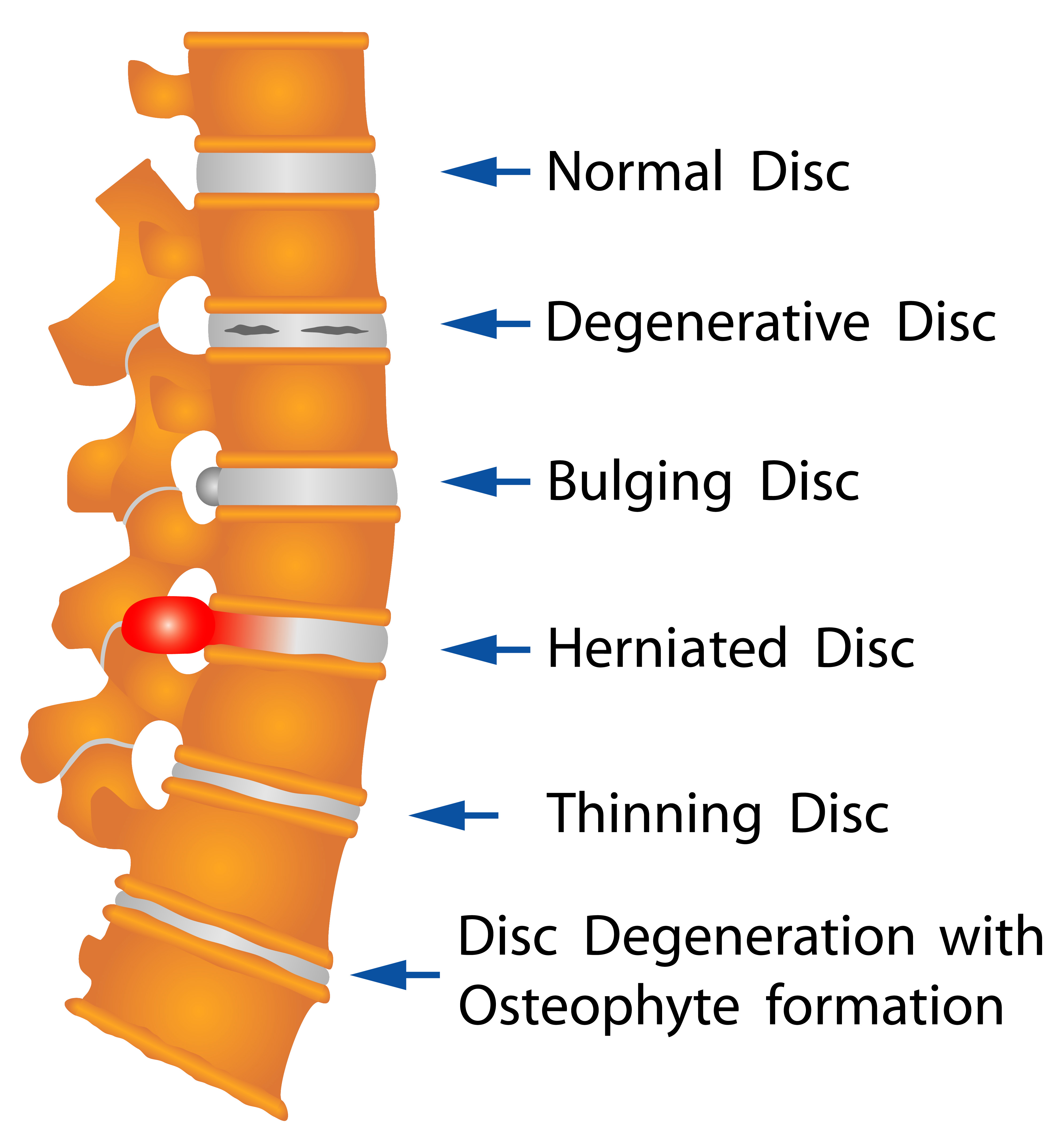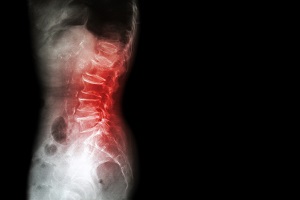General Back, Leg, or Neck Pain
Back pain can be felt constantly or intermittently, and may present as a dull, sharp, piercing, or burning sensation. The pain can stay in one place or radiate (spread) to other areas, such as the front, sides, back, and legs. Low back pain is often associated with radiating leg pain.
Acute pain comes on suddenly and can be severe, but usually lasts a relatively short time. Chronic pain is persistent and does not get better on its own over time. Besides pain, other symptoms are often associated with back pain, such as muscle spasms, stiffness, decreased motion, numbness in the groin, shifted posture, and muscle weakness. Acute pain is more common and many of these symptoms will typically clear up within a short period of time. If symptoms persist, you should consult your doctor.
What can cause Back Pain?
Back pain can be the result of a sudden, awkward movement, strained back muscles and ligaments, lifting heavy objects, or using improper body mechanics. Pressure on nerve roots in the spinal canal can be caused by herniated discs, arthritic conditions, bone spurs, or displacement of vertebrae, and can result in pain throughout all areas of the back, and often into the extremities.

Disc Herniation
Posterior displacement of disc tissue from the intervertebral disc space produces pressure on the nerve roots or on the contents of the spinal canal. This pressure causes pain to radiate down into the legs.
Disc herniations are often treated surgically to relieve nerve compression.
Nerves
Pressure or impingement of nerve roots in the spinal canal can be caused by herniated discs, arthritic conditions, bone spurs, or displacement of vertebrae, and can result in pain throughout all areas of the back and often into the extremities.


Muscles
Back pain can be the result of a sudden, awkward movement, strained back muscles and ligaments, lifting heavy objects, or using improper body mechanics.
